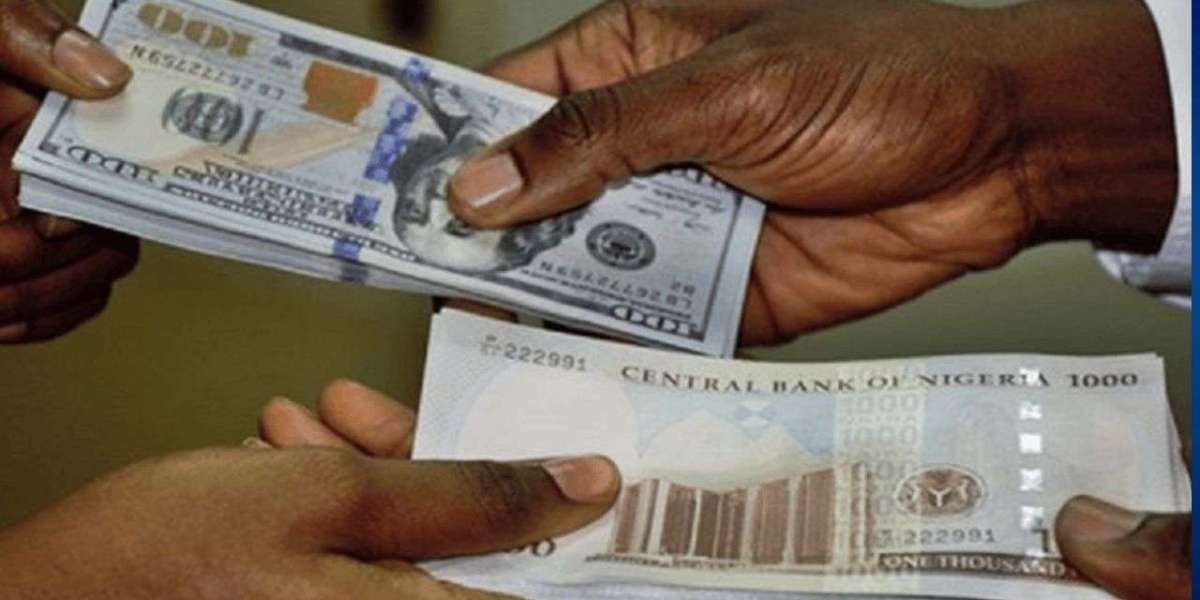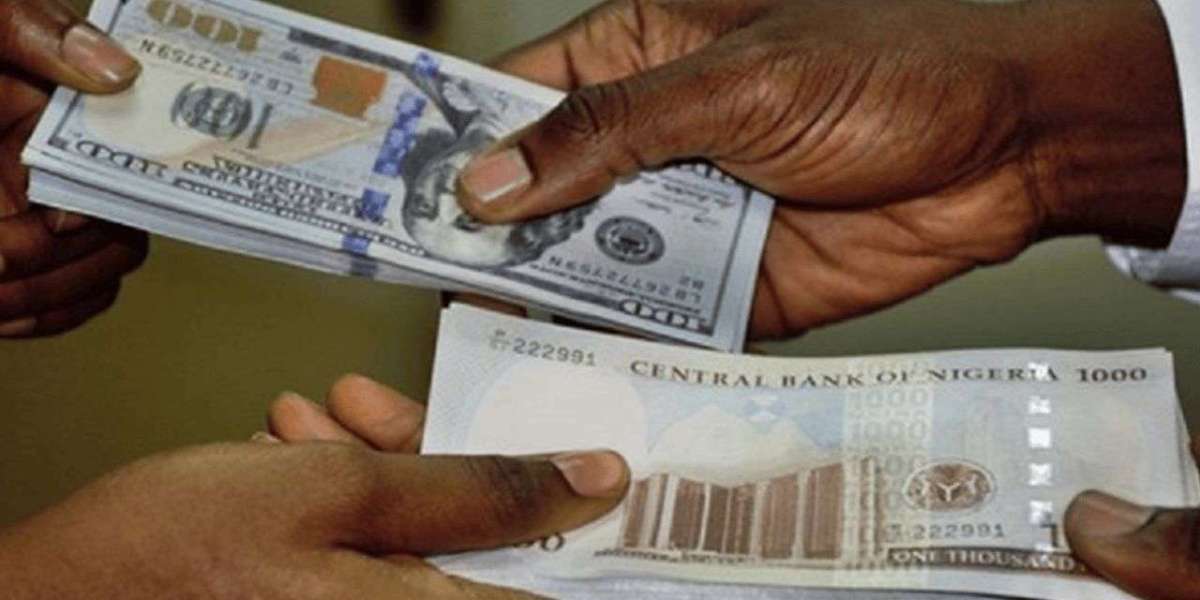1 US Dollar (1$) to Naira, ₦1,240, this is the buying price, and ₦1,245 is the selling price respectively.
Today on January 11th, 2024, the black market exchange rate for the dollar to the naira in Nigeria remains high. This exchange operates outside the official Central Bank of Nigeria's (CBN) channels which is ₦914.44 and typically exceeds the CBN's official rates, reflecting increased demand for dollars amidst supply limitations.
| Dollar To Naira - Buying Rate | Black Market Rate Today - Selling Rate |
| ₦1240 | ₦1245 |
Dollar to Naira CBN Rate Today
| Dollar to Naira (USD to NGN) | CBN Rate Today |
| Buying Rate | ₦914.44/ |
| Selling Rate | ₦915.44 |
Dollar to Naira Rate Currency Conversion Table
| ($) US Dollar Amount
| (₦) Naira Equivalent |
| ₦1,240 |
| ₦6,300 |
| ₦12,400 |
| ₦24,800 |
| ₦62,000 |
| ₦124,000 |
| ₦186,500 |
| ₦248,000 |
| ₦372,000 |
| ₦496,000 |
| ₦620,000 |
| ₦1,240,000 |
The Value Struggle: Naira vs. Dollar
The widening gap between the black market and official CBN rates emphasizes the ongoing challenge for the naira's value. Factors like reduced oil revenues, economic uncertainty, and global financial volatility have led to the naira's depreciation, prompting Nigerians to resort to the black market for dollar transactions, further elevating its exchange rate.
Risks and Caution in Black Market Transactions
Despite offering higher rates, black market transactions pose substantial risks due to their unregulated nature, including fraud, scams, and personal safety concerns. To mitigate these risks, it's essential to deal with reputable sources, choose secure locations for transactions, verify currency authenticity, count money meticulously, and agree on exchange rates beforehand.
Current Rates in Lagos "Aboki Dollar" Exchange Rate
As of January 11th, 2024, the black market dollar to naira exchange rate in Lagos mirrors the national average at ₦1,240 (buying) and ₦1,245 (selling). The "Aboki dollar" term refers informally to the black market rate and aligns with the current rates.
Currency Conversion Rates in the Black Market
Below are various currency conversion rates against the naira in the black market:
Different Country Currency To Naira (₦)
|
|
|
|
|
|
|
|
|
|
|
Please note that these rates may vary based on location and individual dealers.
Understanding the Surge of the Dollar and Its Impact on Nigeria's Economy
In recent times, Nigeria has found itself grappling with a turbulent economic landscape, marked by a seemingly relentless surge in the value of the dollar against the local currency, the Naira. For many Nigerians, this uphill climb of the dollar prompts frustration, confusion, and a looming sense of economic instability. The constant barrage of distressing news only seems to compound these concerns, leaving citizens questioning the future of their nation's financial stability.
The dollar's ascent in value against the Naira is indeed a multifaceted phenomenon, influenced by a myriad of global and domestic factors. Understanding the dynamics behind this surge is crucial in grasping its implications for the everyday lives of Nigerians and the broader economic landscape.
The Dollar's Strength and Nigeria's Challenges
The value of a nation's currency, in this case, the Naira, is subject to various market forces. Nigeria, like many other emerging economies, faces challenges that contribute to the depreciation of its currency. Factors such as inflation, trade imbalances, political instability, and fluctuating oil prices (considering Nigeria's significant reliance on oil exports) play a pivotal role in influencing the exchange rate.
Moreover, global economic trends and policies of major economies, particularly that of the United States, can significantly impact the value of the dollar. The dollar's strength can be attributed to a variety of factors, including the Federal Reserve's monetary policies, interest rate decisions, and the broader geopolitical landscape.
Impact on Everyday Life
The repercussions of the dollar's ascent against the Naira are felt in numerous ways across Nigeria. Imported goods become more expensive, causing a strain on consumers' wallets. Rising prices and inflationary pressures erode purchasing power, making it increasingly challenging for individuals and businesses to afford essential commodities and conduct business transactions.
Furthermore, the devaluation of the Naira has implications for foreign investments and the overall attractiveness of Nigeria as an investment destination. Investors may approach the Nigerian market with caution due to concerns about currency instability, potentially hampering economic growth and development.
The Call for Dollar Earnings
Amidst this economic turmoil, a growing sentiment emerges advocating for the pursuit of earnings in dollars. For many Nigerians, the stability and perceived strength of the dollar present an attractive alternative to safeguard their earnings against the volatility of the Naira. This shift in focus towards earning in dollars reflects a pragmatic response to the prevailing economic conditions, where the local currency's stability remains uncertain.
Seeking Solutions and Economic Resilience
Addressing the challenges posed by the surge of the dollar against the Naira demands a multifaceted approach. Implementing sound fiscal policies, diversifying the economy beyond oil reliance, encouraging local production to reduce dependency on imports, and bolstering investor confidence through reforms are critical steps toward stabilizing the economy and the Naira.
Moreover, promoting financial literacy and empowering individuals to explore diverse earning opportunities, including ventures that yield income in foreign currencies, can provide a degree of financial resilience to mitigate the impact of currency fluctuations.
The Unrelenting Dollar Surge and its Toll on Nigeria's Education System
In Nigeria, the relentless surge of the dollar against the Naira is casting a looming shadow over the education landscape, particularly in how it impacts the accessibility and fairness of examinations like the Joint Admissions and Matriculation Board (JAMB) and alternative pathways such as the Joint Universities Preliminary Examinations Board (JUPEB).
The impact of the dollar's rise is palpable, seeping into the educational fabric of the nation and rendering the process of accessing higher education a daunting and financially straining endeavor. For students aspiring to enter universities through alternative routes like JUPEB, the economic disparity caused by currency fluctuations poses significant challenges.
JAMB: A Barrier Amidst Economic Turmoil
The JAMB examination, once a gateway for many students to access higher education, is becoming an increasingly daunting prospect. As the dollar maintains its ascent against the Naira, the cost of registration fees, study materials, and other related expenses has soared. For economically disadvantaged students, this financial burden becomes an insurmountable barrier, thwarting their aspirations for higher education.
The dream of accessing quality education through JAMB is fading for many, not due to lack of ability or ambition, but rather due to the economic disparities exacerbated by the fluctuating currency values. The soaring cost of preparing and sitting for the JAMB examination has transformed a tool meant to facilitate educational opportunities into a hurdle that only those with financial privilege can readily overcome.
JUPEB's Promise Shadowed by Economic Realities
JUPEB stands as an alternative avenue for students to gain admission into universities, offering a potential bypass of the traditional JAMB route. However, even this pathway, designed to be more accessible, is not immune to the ramifications of the dollar's rise. While JUPEB students may not need to undergo the UTME, the program's costs, spanning study materials, tuition fees, and associated expenses, have significantly escalated.
The program, meant to offer a more inclusive opportunity for higher education, risks becoming an option reserved solely for those who can afford the inflated costs driven by the dollar's surge. Consequently, what should have been an equalizer in the educational landscape now threatens to deepen the divide between those who can pay their way through and those left behind due to financial constraints.
A Call for Reform and Equitable Access
The adverse effects of the dollar's surge on the education system in Nigeria are clear and concerning. Urgent steps are necessary to ensure that economic disparities do not become insurmountable barriers to education. Policies aimed at subsidizing examination fees, providing scholarships, or creating financial aid programs can mitigate the impact of currency fluctuations on students' educational pursuits.
Furthermore, concerted efforts to stabilize the economy and curb the volatility of the Naira are indispensable. A stable currency is fundamental to fostering an educational environment where all students, irrespective of economic background, can pursue their academic aspirations without undue financial strain.
Conclusion
The education system in Nigeria, meant to be a beacon of hope and opportunity for all, is under threat due to the unrelenting surge of the dollar against the Naira. As examinations like JAMB and alternative programs like JUPEB bear the brunt of these economic realities, policymakers and stakeholders must prioritize measures that ensure equitable access to education. Only through concerted efforts to address these economic disparities can Nigeria truly uphold the promise of a fair and inclusive educational system for its aspiring youth.



Michael Idubamo 4 w
nice